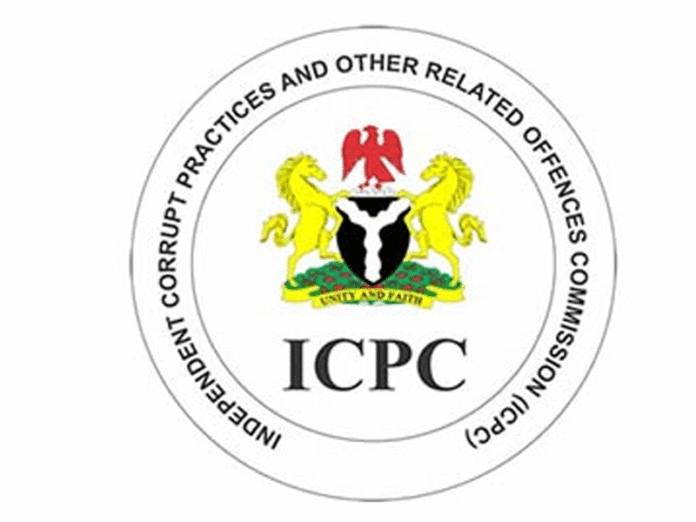This post has already been read 1525 times!
An Associate Fellow of Chatham House, London, Mr. Matthew Page, said yesterday that 800 property worth $400 million and owned by Politically Exposed Persons (PEP) in Nigeria were located in London and Dubai.
The revelation is coming as the Chairman of the Independent Corrupt Practices and Other Related Offences Commission (ICPC), Prof. Bolaji Owasanonye, said it dragged about 2,000 corporate entities into the country’s tax net.
A statement issued by ICPC said Page made the disclosure in his paper presentation titled: “IFFs through the Real Estate and Education Sectors: Implications for Investigators,” at an event organised by the agency in Abuja.
He urged the investigators of the ICPC to pay attention to real estate and education sectors-linked illicit financial flows.
He noted that IFFs provided opportunities for politically exposed persons (PEPs) in Nigeria to launder money through real estate and education sectors.
“Most of the properties held by Nigerian politicians in London and Dubai are held by proxies, family and shell companies.
“Over 800 properties worth over $400 million have been linked to Nigerian PEPs,” Page said.
Responding to questions from journalists at the end of a capacity building for ICPC investigators on investigating Illicit Financial Flows (IFFs) held at the corporate headquarters of the Commission, Owasanoye disclosed that the 2,000 corporate entities were uncovered by investigations undertaken by the commission, which also forwarded their names to the Federal Inland Revenue Service (FIRS) for
profiling.
“Some of these entities are not registered and do not pay tax while others are registered but still do not pay tax. The ICPC has been able to recover significant amount in taxes for the government,” he said.
Earlier in his welcome remarks, the ICPC Chairman stated that the capacity building programme would help investigators to track illicit financial flows, money laundering and other areas the government is losing revenue and recover such funds.
“The loss of revenue is a major challenge to developing countries, particularly Nigeria. The meeting is therefore designed to build the capacity of our investigators to enable them to trace the areas in which the government is losing money, look for the likely places people hide money, stop the illicit financial flows, and recover the funds.
“We are already working with the FIRS and getting a lot of tax evaders and defaulters into the nation’s tax net. One of the takeaways from here is the kind of question an investigator needs to ask in tracking IFFs and money laundering,” he explained.
He stressed the need to widen the revenue base, improve tax collection, combat tax evasion and illicit financial flows as well as asset recovery to improve the country’s finances.
The Chairman of Inter-Agency Committee on Stopping IFFs from Nigeria, Dr. Adeyemi Dipeolu, assured that the committee was working assiduously to curb the menace from the country.



